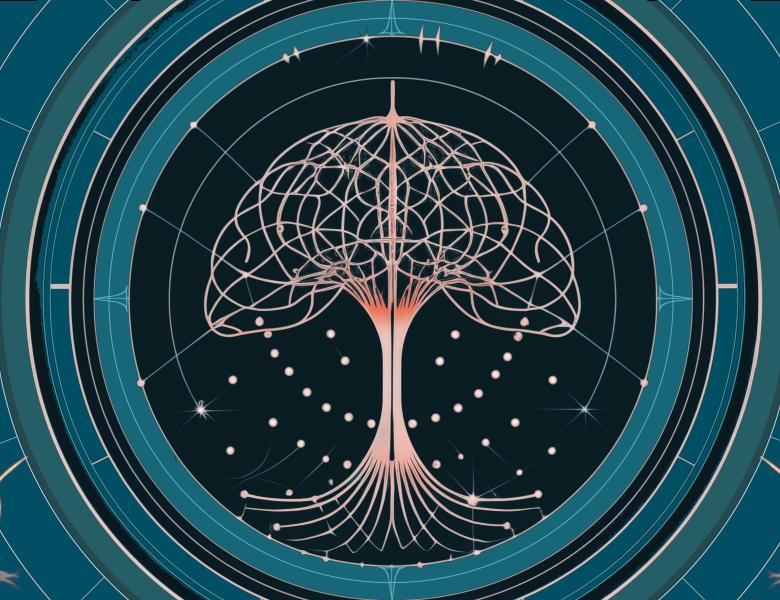
Abstract
Representation theoretic multiplicities are subject to major 90-year old problems in algebraic combinatorics. More recently they have appeared as key quantities in the search for computational lower bounds and separation of complexity classes (like VP vs VNP) through methods of geometric complexity theory.
The multiplicities include Littlewood-Richardson, Kronecker and plethysm coefficients which guide how compositions or tensor products of irreducible S_n or GL_n representations decompose into irreducibles. No explicit efficient formulas are known for either, and for the last two not even a positive combinatorial formula (interpretation) is known.
This poses the natural question of what the complexity of computing them is.
In this talk we will introduce the quantities, their background story and importance and discuss recent results on their computational complexity and efficient algorithms in certain cases, both classical and quantum.


